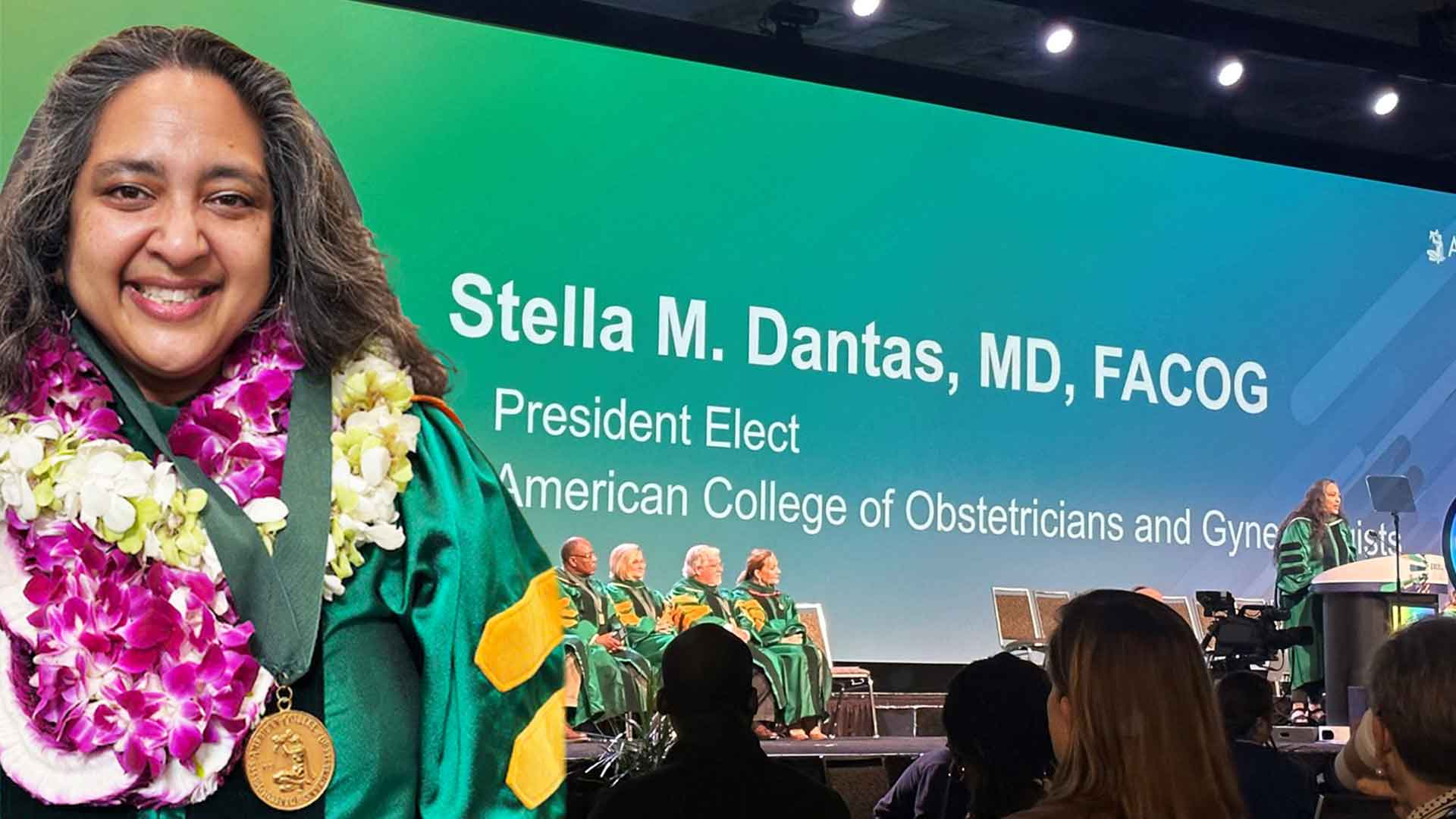Protecting patient health resulting from climate change requires coordinated efforts from physicians, health systems, and communities. Learn how Permanente Medicine is tackling this challenge.

Climate change: ‘In our lane’ as physicians
Review California AB-1305 compliance disclosures on our greenhouse gas emissions reduction efforts.
Late last month, I was scheduled to present at the World Health Care Congress (WHCC) on the physician’s role in addressing climate change. Of course WHCC, like so many other events, was cancelled due to the COVID-19 crisis. As a health care community, we’ve come together rapidly to address COVID-19 and are learning a great deal about the need for resilience. Today, on Earth Day, let’s come together to fight the equally daunting global threat of climate change. Northwest Permanente’s Climate Action Plan underscores 2 of many critical needs that have been acutely realized in the COVID-19 pandemic — the need for redundancy in our supply chains, and the need to place our vulnerable populations front and center.

Climate change is not just a political challenge, an environmental concern, or an economic issue. It’s a crisis that hits us all, as people, as individuals, as citizens of planet Earth – because it’s about our health.
Millions of lives have been lost and will be lost to hunger, malnutrition, severe droughts, storms, and heatwaves, with many more left behind as survivors – forever changed and impacted with disability and psychological trauma from financial ruin, displacement, and homelessness. Expanded territories of vector-borne illnesses like Zika, malaria, and Lyme disease will affect a growing number of people.
Margaret Mead once said, “Never doubt that a small group of thoughtful, committed citizens can change the world. Indeed, it’s the only thing that ever has.” As physicians, we have much we can do to reduce the causes and mitigate the effects of climate change. It starts with us. We need to educate ourselves about climate change and, in turn, educate our patients and our communities, as we do every day in exam rooms and at bedsides across the country and around the world.
At an organizational and systems level, our impact can be even greater. As an industry, the U.S. health care sector accounts for nearly 10% of all greenhouse gas emissions. If health care was a country, our global emissions would rank 13th in the world, right ahead of the United Kingdom. When it comes to climate change, we physicians have a critical role, voice, and influence.
As a B Corp, our organization, Northwest Permanente, believes businesses can be a force for good – for people, communities, and the environment. We have like-minded physicians, physician shareholders, and staff who, within our integrated program, Kaiser Permanente, help us realize these values every day.
We need to educate ourselves about climate change and, in turn, educate our patients and our communities.
To help focus our efforts, our company created a climate action plan that identifies 8 focus areas where we believe our medical group can shift our practices to minimize our carbon footprint, leverage our voice as physicians to educate and influence climate action, and most importantly, address the impacts of climate change on our patients.
Let me share one example of how we know we can make a difference. Over the last 2 years, our anesthesiologists have made an intentional switch from desflurane, an inhalational anesthetic, to sevoflurane. Why did we do this? Released into the atmosphere, desflurane can remain for more than 20 years and act as a greenhouse gas, damaging the Earth’s ozone layer and contributing to global warming. Sevoflurane, in contrast, lasts for just over 1 year, and is as effective as desflurane.
A midsize U.S. hospital would use 1,000 liters of desflurane per year, or the equivalent of average annual emissions from 1,200 cars. By implementing a sevoflurane-first policy and avoiding desflurane as anesthetic in general anesthesia surgical cases, our Northwest Permanente anesthesiologists, certified registered nurse anesthetists, and Kaiser Permanente anesthesia teams have been able to reduce total greenhouse gas emissions from 1,308 metric tons in 2017, to 228 metric tons in 2019, or a reduction of 83%, with no change in patient outcomes or costs.
This significant reduction exemplifies the principles of Permanente Medicine, which empowers physicians to find solutions that are best for our patients and for the health of all communities. Step by step, we can all pitch in to address climate change.
Imelda Dacones, MD is president and CEO of Northwest Permanente, and serves as chair of the Permanente Federation’s National Permanente Executive Committee. This article is reprinted with permission from the World Health Care Congress, where Dr. Dacones is a scheduled speaker for its August 2020 conference. Follow her on Twitter @ImeldaDaconesMD.


